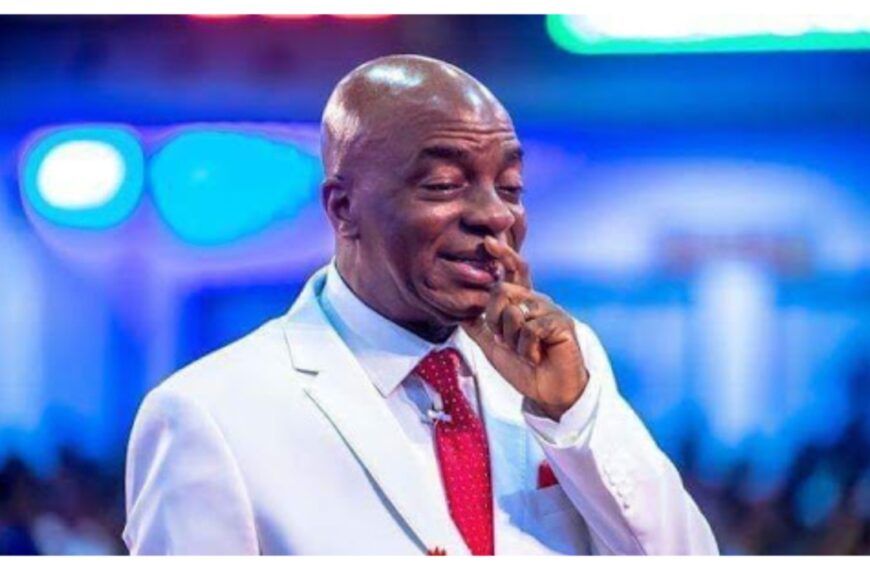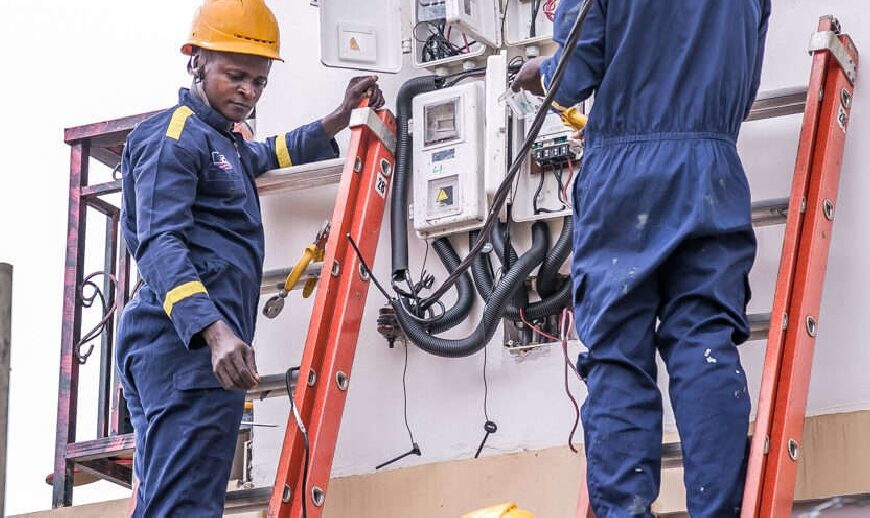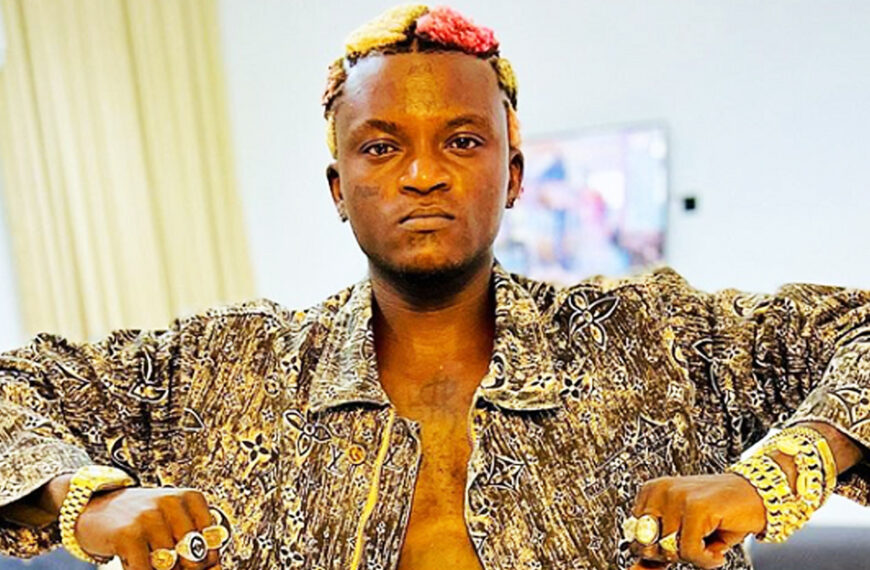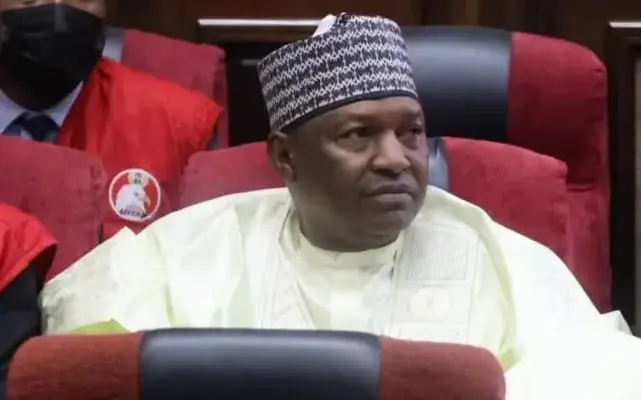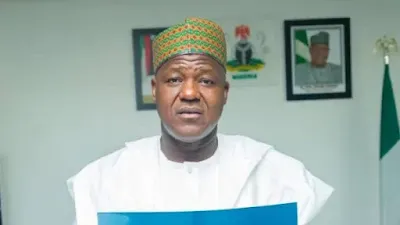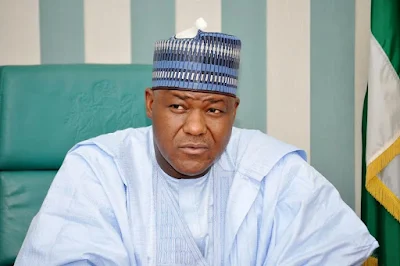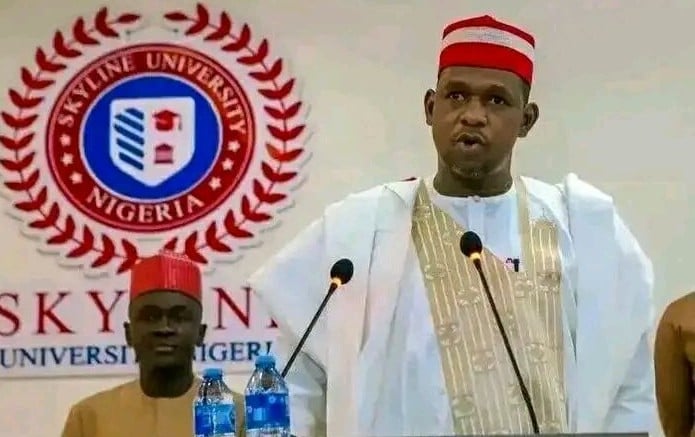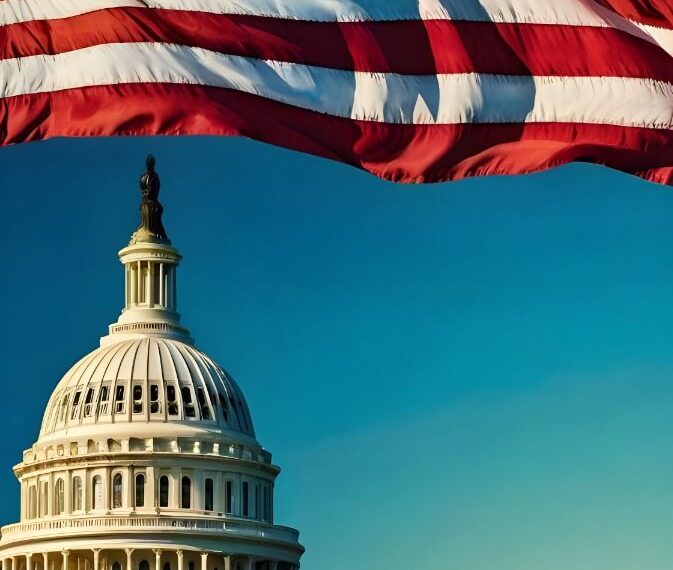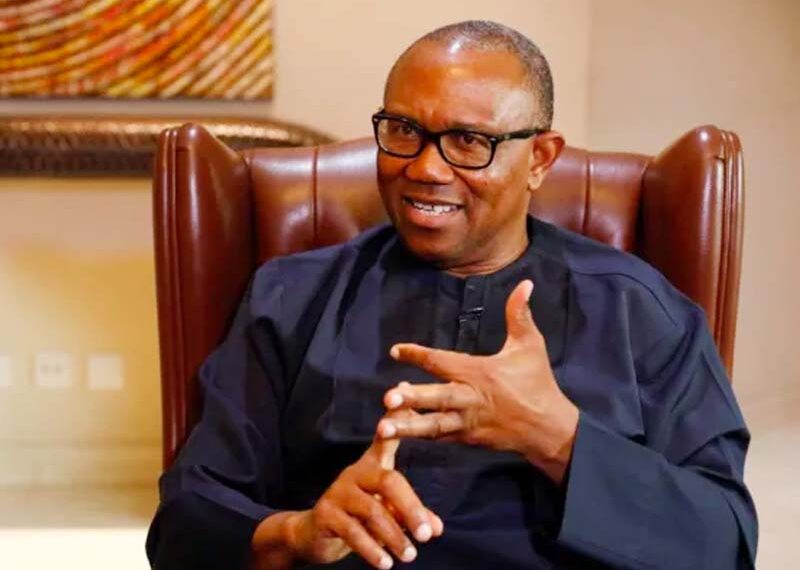On Monday, October 20, 2025, a protest held in Abuja demanding the release of separatist leader Nnamdi Kanu turned tense after security operatives clamped down on demonstrators, arresting his brother, his lawyer, and several other participants. The protest, which began peacefully, was eventually dispersed with tear gas after attempts by the crowd to move toward restricted zones around the Presidential Villa.
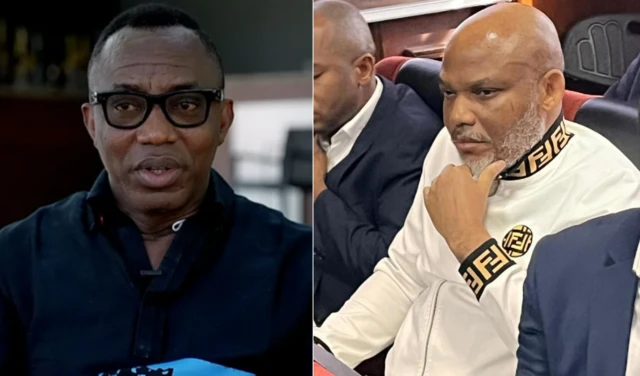
The protest and its backdrop
The demonstration was organised under the banner #FreeNnamdiKanuNow, a campaign calling for the immediate and unconditional release of Kanu, leader of the proscribed Indigenous People of Biafra (IPOB). Protesters gathered around the Transcorp Hilton Hotel in Maitama before attempting to march toward the Central Business District.
Security agencies maintained that the gathering breached a standing court order prohibiting protests near sensitive government installations, including the Presidential Villa, the National Assembly, and the Supreme Court. Heavy security presence was deployed in anticipation of the rally, reflecting the government’s caution over the politically charged issue.
The arrests
Among those arrested were:
- Aloy Ejimakor, Nnamdi Kanu’s lead counsel.
- Prince Emmanuel Kanu, popularly known as “Fineboy,” the separatist leader’s younger brother.
- Six other supporters accused of defying police warnings and violating protest restrictions.
Police spokespersons claimed the group ignored multiple directives to disperse and attempted to breach security barricades. According to the arrest report, the protesters allegedly chanted war songs, obstructed traffic, and incited disturbance in violation of the Penal Code and the Public Order Act.
Legal charges and court remand
On Tuesday, October 21, a Magistrate Court sitting in Kuje ordered the remand of Ejimakor, Emmanuel Kanu, and the six others at Kuje Correctional Centre pending further hearings.
They face charges including:
- Criminal conspiracy,
- Incitement of disturbance,
- Unlawful assembly, and
- Breach of public peace.
The court adjourned the matter to allow legal counsel to prepare their defence. Their legal team argues that the arrests amount to a violation of their constitutional right to peaceful assembly and free expression.
Reactions and rights concerns
Civil rights groups and diaspora organisations, including the American Veterans of Igbo Descent (AVID), condemned the arrests, describing them as “an attack on democratic freedoms.” They called on the Nigerian government to respect the constitutional right to peaceful protest and urged the immediate release of those detained.
Protest organisers, including activist Omoyele Sowore, alleged excessive use of force by the police, claiming that security agents used tear gas and intimidation to disperse the demonstrators. The police denied firing live rounds but acknowledged using “minimum force” to prevent escalation.
International and regional response
Several international human rights observers and pro-democracy groups have expressed concern over the incident. Statements from diaspora Igbo organisations in the United States and the United Kingdom called on Nigeria’s government to uphold civil liberties and avoid actions that could inflame ethnic tensions.
Amnesty International’s Nigeria office also noted that the right to peaceful assembly is constitutionally protected and urged security forces to exercise restraint in handling political demonstrations.
Background on Nnamdi Kanu’s case
Nnamdi Kanu was first arrested in 2015 on charges of treasonable felony, later granted bail in 2017, and fled the country after a military raid on his residence. He was rearrested in 2021 and has since faced multiple charges, including terrorism and incitement.
His prolonged detention has sparked repeated protests in the Southeast and Abuja. IPOB, which the Nigerian government has designated a terrorist organisation, claims it seeks a peaceful referendum on Biafra’s independence. The federal government maintains that Kanu’s rhetoric has contributed to violent unrest in the region.
Political significance and implications
The arrests underscore several key issues:
- Civil liberties vs. state security: The clash highlights ongoing tension between citizens’ right to protest and the state’s security concerns.
- Ethnic and political sensitivities: The Kanu case is deeply tied to Igbo identity and secessionist sentiment, making it one of the country’s most polarising political issues.
- Judicial precedent: The outcome of these arrests may shape how future protests and political trials are handled in Nigeria.
- Potential escalation: Analysts warn that heavy-handed policing could fuel further protests and deepen mistrust between the government and Kanu’s supporters.
What comes next
The arrested individuals will return to court in the coming weeks as their lawyers prepare bail applications. Pro-Kanu groups have vowed to intensify peaceful demonstrations if they are not released soon.
The federal government faces mounting pressure to handle the case with caution, balancing law enforcement with respect for civil rights. Meanwhile, the broader legal battle surrounding Nnamdi Kanu’s detention continues to be a major flashpoint in Nigeria’s political landscape.

